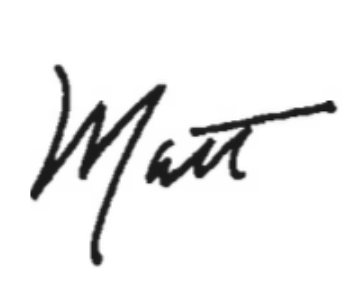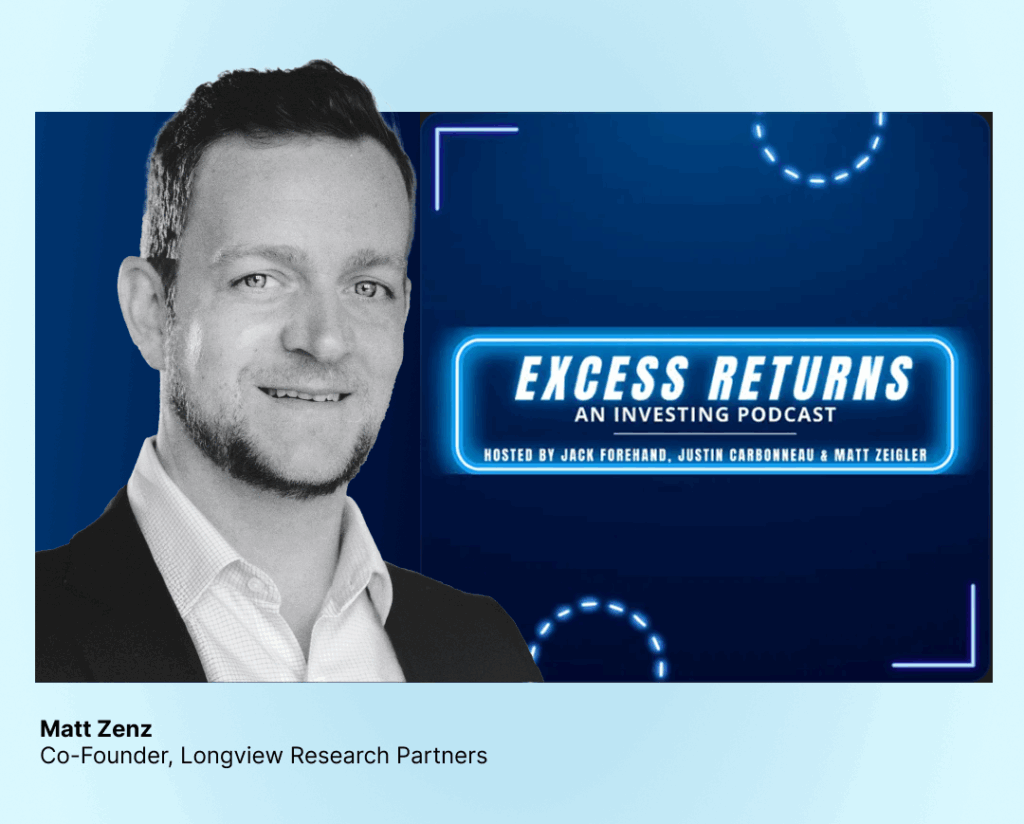Details Are Part of Our Difference
David Booth on How to Choose an Advisor
20 Years. 20 Lessons. Still Taking the Long View.
Making the Short List: Citywire Highlights Our Research-Driven Approach
The Tax Law Changed. Our Approach Hasn’t.
The Slow Things Still Win

The power of slowing down when everything around us says hurry.
I just finished Lonesome Dove (widely considered one of the greatest Westerns of all time). At 850 pages, it doesn’t move quickly, and that’s the point. You can’t rush it. You get pulled into the dust, the dialogue, the ache of it all.
Right after closing the book, I was on Mackinac Island. No cars, no horns. Just horse-drawn carriages, bikes, and time measured by the clop of hooves. Real horsepower! It’s one of the few places that forces a slowdown, and in that stillness, you actually start to notice things again – texture, tone, the weather moving through.
In investing, there’s no reliably fast way to get rich. We all know the parable of the tortoise and the hare, but modern life makes it so tempting to rush. The social media feed refreshes, the markets move, and it feels like we need to move too. It takes real discipline to slow down; to stick with something through the long, quiet stretches.
Fall feels like the right season to remember that. It’s a time of gratitude and reflection, of harvesting what we’ve grown, and of preparing the soil for what’s next.
Investing well isn’t about reacting to every market twitch. It’s about owning global capitalism, rebalancing patiently, and letting time compound the quiet and yet powerful work happening underneath the surface.
We’ve been at this long enough to see it firsthand. Our clients’ returns over the last 20 years, and more than 25 years if you go back to when we first started using this evidence-based approach, tell the story clearly. The discipline of staying invested, diversified, patient, and calm through every kind of market storm pays off.
In a world obsessed with speed, the slow things still win.
Take the long view.

The Long View on Estate Planning

After I earned my Certified Financial Planning (CFP(R)) designation, my grandparents were both proud and curious. They asked me to take a look at their finances and see if there was anything they should be doing differently. My grandpa had always managed things on his own and had done well, but one glaring gap stood out: they hadn’t done any estate planning.
They didn’t know what a trust was or where to start. But they did know what mattered most: how they wanted their assets to pass, which of their children they trusted to handle things, and that they wanted to make the process as easy and stress-free as possible for their family one day.
For someone used to doing everything himself, my grandpa recognized that this was one aspect of his life that he needed to delegate. He also saw the value in doing some work now to make life easier for his kids later, a small act of love that will one day make a big difference.
That mindset captures how we typically approach estate planning with our clients at Hill. It can feel complicated and overwhelming, but when you focus on the big picture and surround yourself with the right team, it becomes a powerful way to protect your family and preserve your legacy.
No two estate plans look the same. Some are wonderfully simple, others more complex. There’s no “right” way to do it—only what’s right for you. That’s why we take time to understand each client’s values, family dynamics, and long-term vision before collaborating with their attorneys and CPAs to design a plan that fits.
Here are a few guiding questions we use when helping clients update or establish their plan:
- Is it easy to understand? You should be able to explain the big picture in plain English.
- Does your team collaborate on your behalf? Your attorney, CPA, and Hill advisor should be aligned so your investments, taxes, and estate all work together.
- Are you avoiding probate? The right structure may help your family avoid a lengthy and expensive court process.
- Are your heirs protected? Your plan should clearly state how and by whom assets will be managed.
- Is everything included? It’s easy for accounts or property to be left out due to incorrect titling.
- Who will carry out your plan? Executors, trustees, powers of attorney, and guardians can all play important roles. It’s important to make sure they understand and accept them.
When my grandparents’ plan was complete, my mom (named as executor) told me multiple times how relieved she felt knowing everything was organized and clear. That sense of clarity is exactly what we hope to provide for every Hill family.
Estate planning isn’t one-and-done; it’s an ongoing act of care, and it’s part of Taking the Long View®. We generally recommend our clients to review their plan every five years, or sooner if life or laws change. Families grow, goals evolve, and your plan should, too.
If you’re wondering whether your plan still fits, or if you’ve been meaning to get started, we’d love to help you or a loved one take that next step.
Email us at askanadvisor@hillinvestmentgroup.com to connect with your Hill advisor and start the conversation.
Escaping the Drag: How Nimble Strategies Create an Edge for Investors

Matt Zenz appeared on the October 4 podcast episode of Excess Returns to discuss the case for evidence-based investing and the challenges that can accompany scale among the industry’s largest investment firms. He shared how research-driven firms, such as Longview Research Partners apply more nimble strategies to maintain efficiency and align with evidence-based principles.
“HTC” WARNING: Be forewarned, this is Highly Technical Content, best consumed by the heavy-duty fact finders in our audience.
Be sure to listen at the 44:30 mark, where Matt explores the benefits of agility in investing and how smaller, research-focused funds can often make decisions and implement changes more efficiently than larger counterparts.
Hill Investment Group and Longview Research Partners did not compensate the podcast or its hosts for this appearance.
Hill Investment Group (“HIG”) d/b/a Longview Research Partners is an SEC-registered investment adviser. Registration does not imply a certain level of skill or training. The opinions expressed herein are those of the author and are for informational purposes only. This material should not be considered investment advice or a recommendation to buy or sell any security. Past performance is not indicative of future results. For additional information about Hill Investment Group, including its services and fees, please review its Form ADV, which is available at www.adviserinfo.sec.gov.

